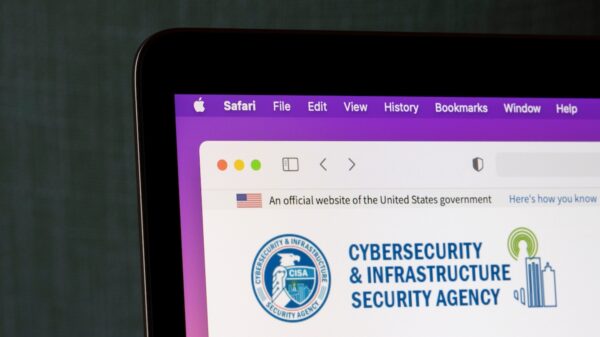Google announced on Monday that it’s taking legal action against cybercriminals who delivered malware through websites that told users they could download Bard, the tech giant’s chat-based AI tool.
The company filed a lawsuit against what it described as “AI scammers”. The threat actor set up social media pages and ran ads promoting websites where Bard could allegedly be downloaded. Bard is available online and it does not need to be downloaded.
The malicious sites delivered malware that enabled the cybercriminals to take control of victims’ social media accounts.
“We are seeking an order to stop the scammers from setting up domains like these and allow us to have them disabled with U.S. domain registrars. If this is successful, it will serve as a deterrent and provide a clear mechanism for preventing similar scams in the future,” Google said in a blog post.
The tech giant said it conducted approximately 300 takedowns related to this scheme since April.
In a separate lawsuit, Google has targeted threat actors who abused the DMCA to harm competitors by submitting thousands of bogus copyright takedowns from dozens of Google accounts.
The false DMCA requests resulted in the removal of more than 100,000 websites belonging to businesses, causing them significant financial damage.
“We hope these efforts protect and preserve the unprecedented culture of innovation in the United States. Just as AI fraudsters and copyright scammers hope to fly under the radar — we believe that appropriate legal action and working with government officials puts scammers squarely in the crosshairs of justice, promoting a safer internet for everyone,” Google said.
Related: OpenAI Patches Account Takeover Vulnerabilities in ChatGPT
